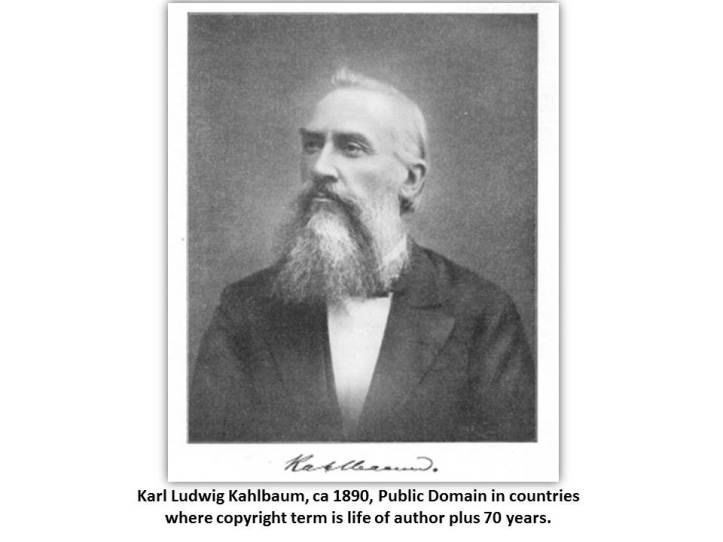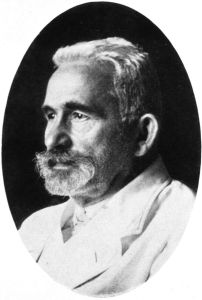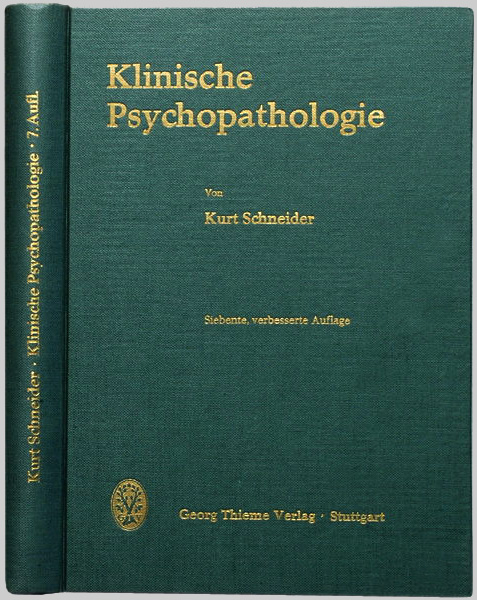
Psychologist Dr Vaughan Bell has written a very interesting piece on the British Psychological Society’s report ‘Understanding Psychosis and Schizophrenia‘.
This follows another very good response to the report by psychologist Professor Keith Laws and psychiatrists Dr Alex Langford and Dr Samei Huda.
I think it’s really important to take a stand on this issue as psychosis and more specifically schizophrenia are serious issues that transcend trends in healthcare delivery or popular debate.
Experienced frontline clinicians recognise the complex challenges of psychosis and schizophrenia. There is no doubt at all that recovery and integration are sensible treatment targets. There is no doubt that people are more than diagnostic labels. Indeed diagnostic labels are tools to be used by and for the benefit of people receiving these labels.
Diagnostic labels are useful precisely because of how they can be used as tools. Diagnoses provide people with a starting point for understanding illness, enable researchers to construct research studies to answer structured questions and facilitate the development of effective treatments.
Sometimes diagnostic labels are associated with stigma. Labels then get renamed. The stigma follows. The solution is not to relabel. The solution is to challenge the stigma directly. Schizophrenia is a sound diagnostic label.
Which brings me onto the main point. In a roundabout way.

You see I couldn’t help feeling that there was something missing when I was reading the report. I couldn’t immediately place what it was.

I was drawn in as a discussion took place about how psychosis could be managed without medication. There is no doubt about it. Why would clinicians not keep an open mind? There are success stories and cases where psychosis is not treated with medication. For instance in older adult psychiatry the use of antipsychotic medication in psychosis is very carefully balanced against the possible risks and alternative methods of managing psychosis and the degree of distress with which it is associated as well as the primacy of person-centred capacitous choice. In the younger population we are of course talking about a different natural course of the illness and where we are more likely to be talking about Schizophrenia rather than secondary to Dementia for example.
As I kept reading, there was still the niggling feeling that there was something missing from the report. How could we possibly answer the question of the course of psychosis in the absence of antipsychotic medication – arguably one of the greatest successes of psychiatry of the twentieth century?

Source: Antiquariat Dr Haack Leipzig. Author of photo: Hans-Peter Haack
With such a grand aim and such important ramifications of the discussion I was impressed by the endless list of references at the end of the report.
But then it suddenly came to me. There was something missing from the report. The nineteenth and early twentieth centuries. In all the effort to gain a consensus, someone had very carelessly misplaced the nineteenth and early twentieth centuries.
Now I do exaggerate every so slightly because there was in fact one reference to the nineteenth century. Whilst I have the highest regards for the poetry of Edgar Allen Poe however, this wasn’t the key literature that came to mind.
If you want to talk about schizophrenia and psychosis then you need to get back to the basics. And if you’re not going to mention the names of these pioneers in mental health, and schizophrenia research, their works and their significance then in my opinion don’t even start the discussion**.
**Addendum 10th April 2016
‘in my opinion don’t even start the discussion’ refers very specifically to the report referenced in the article. This isn’t meant in any way to refer to other discussions around this issue which are of course essential. In my opinion when starting an academic discussion which informs professionals and public alike there is a responsibility for a rigorous assessment of key research. In my opinion the term Schizophrenia simply cannot be disentangled from its historical context. If it wasn’t for key mental health pioneers the term Schizophrenia simply wouldn’t exist. There are many subtle nuances in the original understanding of Schizophrenia and associated conditions which need to be explained and referenced in any discussion. Even the diagnostic criteria in ICD-10 and DSM-V despite having been through so many iterations share many of the features of the early understanding. Indeed Catatonia has been added as a specifier for Schizophrenia in DSM-5 as the full significance of Catatonia has been appreciated. Kahlbaum’s landmark text on Catatonia was first published in 1874.
Index: There are indices for the TAWOP site here and here
Twitter: You can follow ‘The Amazing World of Psychiatry’ Twitter by clicking on this link.
TAWOP Channel: You can follow the TAWOP Channel on YouTube by clicking on this link.
Responses: If you have any comments, you can leave them below or alternatively e-mail justinmarley17@yahoo.co.uk.
Disclaimer: The comments made here represent the opinions of the author and do not represent the profession or any body/organisation. The comments made here are not meant as a source of medical advice and those seeking medical advice are advised to consult with their own doctor. The author is not responsible for the contents of any external sites that are linked to in this blog.
Conflicts of Interest: *For potential conflicts of interest please see the About section.